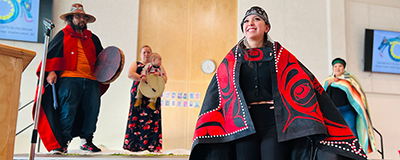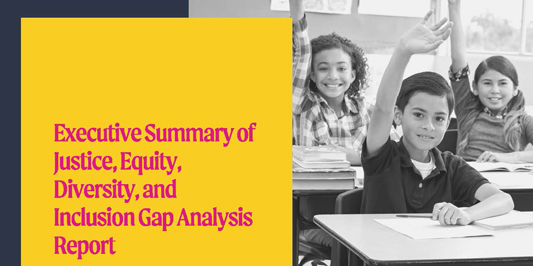Introduction to 4 levels of racism
Racism manifests in different ways, all of which impact marginalized racial groups. And whether or not we are individually impacted by racism, we are all negatively impacted by the systems that perpetuate it … afterall, it was Maya Angelou that said, “The truth is, no one of us can be free until everybody is free.”
Without understanding and combatting all forms or racism, it will still be prevalent in people’s lives. The following video by Unified Causes explains the reasons why more thoroughly:
Individual racism
Individual racism refers to the beliefs, attitudes, and actions of individuals that support or perpetuate racism. Individual racism can be deliberate, or the individual may act to perpetuate or support racism without knowing that is what they are doing.
Examples:
- Telling a racist joke, or using a racial stereotype (even when it’s being presented as a “good” thing).
- Avoiding people of colour whom you do not know personally, but not whites whom you do not know personally (e.g., white people crossing the street to avoid a group of Latino people; people locking their doors when they see African American families in a their neighborhood; judging someone’s perceived skills, experience or competency based on their name; or not hiring a person of colour because “something doesn’t feel right”).
- Accepting things as they are (a form of collusion).
- Believing in the inherent superiority of whites over other groups.
SOURCE: Flipping the Script: White Privilege and Community Building by Maggie Potapchuk, Sally Leiderman, Donna Bivens, and Barbara Major (2005).
Interpersonal racism
Interpersonal racism occurs between individuals. Once we bring our private beliefs into our interaction with others, racism is now in the interpersonal realm.
Examples: public expressions of racial prejudice, hate, bias, and bigotry between individuals; public rallies or protests targeting a specific racialized group.
SOURCE: Chronic Disparity: Strong and Pervasive Evidence of Racial Inequalities by Keith Lawrence and Terry Keleher (2004).
Related Resources: Racism (scroll down alphabetically to the box for “Interpersonal Racism”) Location: FUNDAMENTALS / Core Concepts
Institutional racism
Institutional racism refers specifically to the ways in which institutional policies and practices create different outcomes for different racial groups. The institutional policies may never mention any racial group, but their effect is to create advantages for whites and oppression and disadvantage for people from groups classified as people of color.
Examples:
- Government policies that explicitly restricted the ability of people to get loans to buy or improve their homes in neighborhoods with high concentrations of African Americans (also known as “red-lining”).
- Child welfare practices (which see a significantly disproportionate number of Indigenous kids represented in the foster care system).
- City sanitation department policies that concentrate trash transfer stations and other environmental hazards disproportionately in communities of colour.
PRIMARY SOURCE: Flipping the Script: White Privilege and Community Building by Maggie Potapchuk, Sally Leiderman, Donna Bivens, and Barbara Major (2005).
Related Resources: Racism (scroll down alphabetically to the box for “Institutional Racism”) Location: FUNDAMENTALS / Core Concepts.
Systemic Racism
Systemic racism is an interlocking and reciprocal relationship between the individual, interpersonal, institutional and structural levels, which together, function as a system of racism. These various levels of racism operate in a lockstep model and function together as a whole system. These levels are:
- Individual / Interpersonal (within interactions between people)
- Institutional (within institutions and systems of power)
- Structural or societal (among institutions and across society)
In many ways “systemic racism” and “structural racism” are synonymous. If there is a difference between the terms, it can be said to exist in the fact that a structural racism analysis pays more attention to the historical, cultural, and social psychological aspects of how our society currently works.
SOURCE:
- Canadian Race Relations Foundation, Glossary of Terms.
- Aspen Institute, “11 Terms You Should Know to Better Understand Structural Racism” (2016).
Interested in continuing your learning? Use the navigation at the top of the page (in the left bar for desktop platforms, or the “Section menu” under the banner for mobile) to explore a new topic, or use the below button to get to the next page in the DEIA Parent Toolkit




